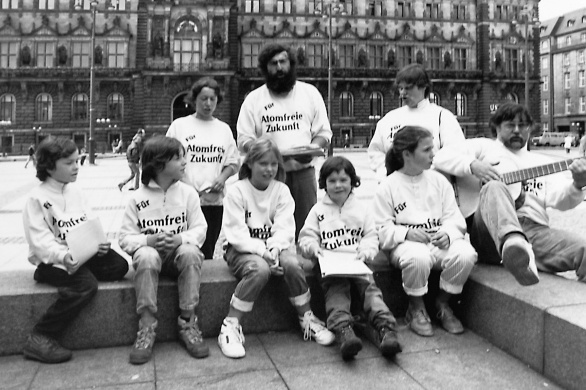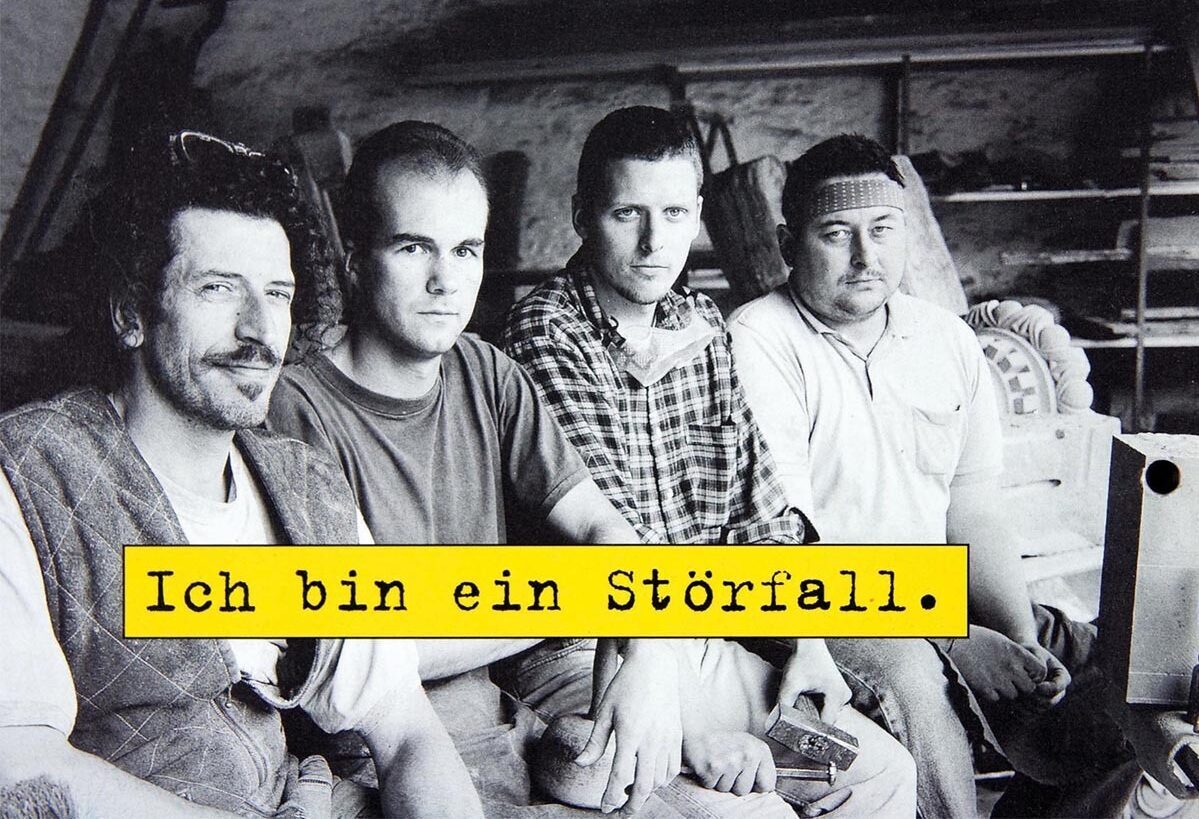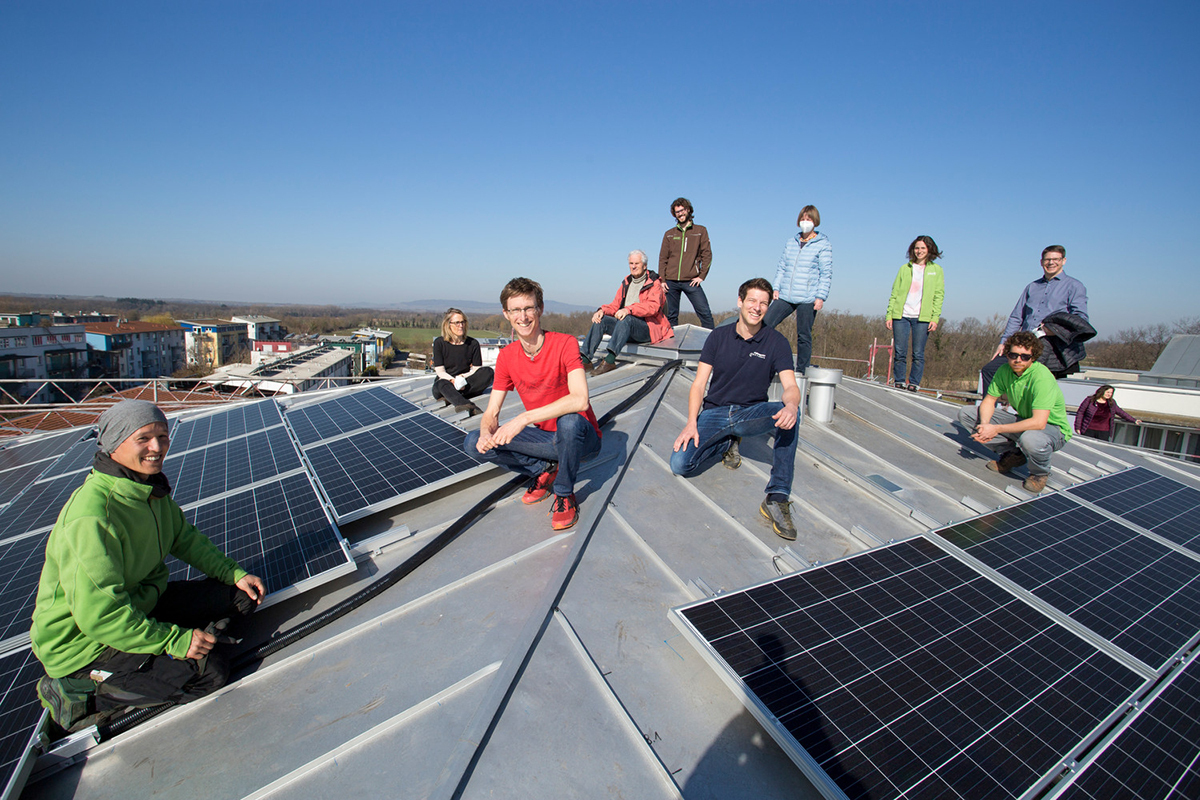Stories
July success story: Citizens taking the fight against climate change into their own hands
Community energy is key to action on the climate crisis. It can empower people, boost local economies, and reinvigorate communities. Community-led initiatives play an important role in the transition towards a 100% renewable and just energy future. Success stories of community energy projects can be found all over Europe. At REScoop.eu we want to highlight these stories to further accelerate the movement towards a cleaner and democratic system.
Recently, the Climate Clock reached a critical moment, signalling that we have less than six years to drastically reduce fossil fuel emissions and limit global warming to 1.5 degrees Celsius. But there is still time to create a just and liveable future if we act together. Energy cooperatives are an example of how we can accelerate the transition away from fossil fuels. This month we look at the inspiring impact of EWS Schönau, an emblematic energy cooperative that took control of the local grid in the 1990s.
A response to the Chernobyl nuclear disaster
In 1986, the Chernobyl nuclear disaster released radioactive particles that spread across parts of Europe. In the small town of Schönau, located in the Black Forest in south-western Germany, residents became increasingly concerned as the radioactive fallout approached their area. Driven by fear and concern, citizens took a stand against nuclear power. However, the local electricity supplier, which operated nuclear power plants, refused to align with their vision. In an energy market monopolised by the grid operator, who was also the energy supplier, the citizens devised a bold but feasible solution: to buy the Schönau power grid from the electricity supplier.
In 1991, when the city council had to decide whether to extend the network concession to the existing energy supplier, the citizens presented their own offer to the municipal council. Unfortunately, despite matching the electricity company’s offer, their proposal was rejected, so the citizens forced a referendum. After a hard-fought campaign, the citizens' initiative narrowly won the vote.

In 1996, when the city council was preparing to hand overgrant the management of the network to Elektrizitätswerke Schönau (EWS), the organisation set up by the citizens, the electricity company of Schönau, dissatisfied with the situation, called for a referendum to overturn the decision. The ensuing election campaign was even more intense than in 1991. Sebastian Sladek, son of two of the campaign’s initiators and now a board member of EWS, recalls some of the arguments used against them in the Patagonia film ‘We the power’.
A local employer – a large factory – put up adverts threatening that if we took over the network, electricity prices would go through the roof, that they would leave the town and set up somewhere else. They were trying to create fear among the citizens. Imagine, being a 14-year-old, and having a man come up to you and says: Are your parents as fucked in the head as you are? We had to listen to such things.”
Against all the odds, the electricity company lost the referendum and the people of Schönau took over the local distribution network.
Turning the dream into reality
EWS became the world's first electricity supplier and grid operator to emerge from a local action group. However, they still had to buy the grid from the electricity company, which set an exorbitant price of 8.7 million marks, about twice as much as EWS had calculated.
To finance the purchase, the Schönau rebels, by then a symbol of the anti-nuclear movement with national and even international supporters, launched a fundraising campaign.
“Someone in the group said: […] ‘Let’s find the 50 biggest German advertising agencies and ask them if they’d do a campaign for us - for free, of course! We don’t have the money, we need money!’ Fifteen of them wrote back and said they would be happy to do it. Radio stations appealed for donations constantly, every hour. Print ads ran for weeks, all for free. Then the money came in.”
The campaign was a resounding success and EWS took over the network on 1 July 1997. In the meantime, dissatisfied with the price charged by the electricity company, EWS took the matter to court. A few years later, a judge set the grid's price at 3.5 million marks.

Reflecting on EWS Schönau’s remarkable journey, Petra Völzing, responsible for press and public relations at EWS Schönau, emphasises the unique nature of their story.
“While people are at the heart of the story, other factors played a crucial role. In Schönau, the right timing, the right people and the right circumstances came together. It was a very special coincidence that all this came together to make EWS the success it is today. It is very difficult to duplicate. It is all unique, but it has inspired many people across Europe to take action for the climate and the environment.”
Climate action on multiple fronts
Today, EWS operates the Schönau power grid and eight other grids in the surrounding area. It supplies more than 200,000 citizens throughout Germany with renewable energy and produces more than 60 million kWh of renewable energy.
EWS plays a crucial role in the fight against climate change. In 2021, its activities resulted in a saving of 270,000 tonnes of C02 emissions. In addition, all customers contribute to the Sonnencent programme - a fee included in all EWS tariffs - to support decentralised energy transition projects that prioritise environmental protection. In 2022 alone, the programme distributed €2.3 million.
The Sonnencent programme has two main funding streams. The first facilitates the installation of units for the production and storing of clean energy, both in individual homes and on a larger scale. Since its launch in 1998, it has supported the installation of 5,666 decentralized renewable power plants. With a combined output of 55 million kWh, these installations generate enough electricity to power a city of more than 25,000 people.
The second funding stream focuses on independent civil society projects and campaigns related to the energy transition. For example, the cooperative is supporting an initiative to hold a referendum to make Berlin carbon neutral by 2030, funding projects for solar energy education at schools, and supporting research into using electric cars as distributed storage devices that can feed energy back into the grid.

A collective effort
The impact of EWS Schönau is impressive. Citizens recognise its role in the energy transition, as the number of cooperative members and customers typically increases during public discussions on climate change in Germany. These discussions often coincide with major events such as the Fridays for Future protests, the aftermath of the Fukushima nuclear disaster, or protests against the Hambach Forest coal mine.
Petra highlights the significant impact of energy cooperatives in the fight against climate change by decentralising the energy system and increasing public acceptance of renewable energy through ownership of the facilities. But she also acknowledges that citizens alone cannot do everything.
“Individual citizens can change their habits – for example not using cars, not flying, not eating meat – but politicians and the global family need to drive the big change. Everything has to work together; it's not in the hands of citizens alone.”
As the Climate Clock reminds us, time is running out. Nevertheless, there is still time to keep global warming below 1.5 degrees Celsius, and energy cooperatives like EWS Schönau are showing a way forward.